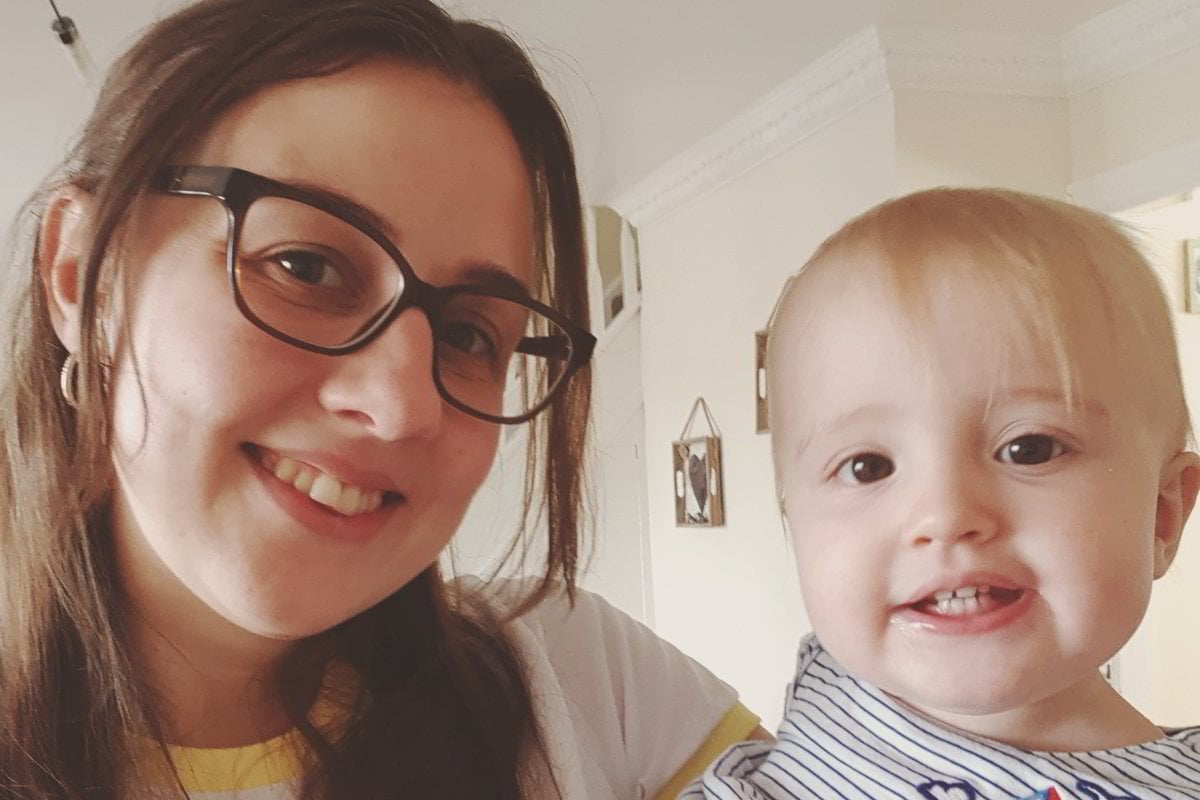
I have experienced issues with my mental health for as long as I can remember. My first major depressive episode was at 12 years old after moving school due to bullying. I’ve had other episodes since and will have more in the future.
Due to experiencing these episodes time and time again, I became skilled in managing my own mental health. I knew exactly what to do to get me through an episode. I was even becoming quite good at spotting the early warning signs of an episode and nipping it in the bud.
My quality of life was great. I was able to do all the things my mental health had previously stopped me from doing. In fact, I did a lot more with my life than many people without mental health problems.
Watch: Five lifestyle hacks to help with your anxiety. Post continues below.
But then I became a mother.
I thought long and hard about having a baby. It was very much a planned pregnancy, and I put lots of things in place to care for my mental health. I was under the care of the perinatal mental health team, a service that specialises in mental health problems during and after pregnancy.
I wrote a relapse plan and made members of staff involved in my care aware of my early warning signs. As soon as I spotted the signs of postnatal depression, I rang the team for help.

